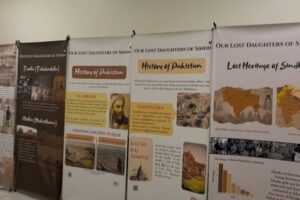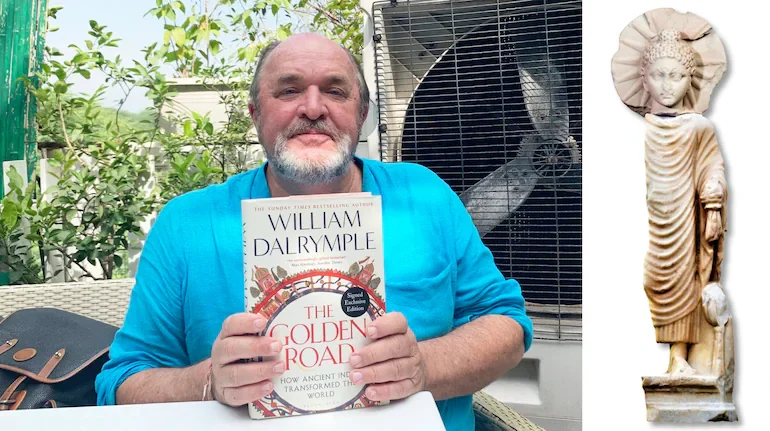In a recent conversation with Fareed Zakaria, historian William Dalrymple stressed that contemporary history often overlooks ancient India’s immense role in shaping global culture, trade, and ideas. He argues that at the height of its influence, India served not as a peripheral player but as a central hub in a pan-Eurasian network of knowledge, religion, and commerce.
Dalrymple’s latest work, The Golden Road, revisits a period between roughly 250 BCE and 1200 CE, suggesting that India forged what he calls the Indosphere: a sphere of cultural influence extending from the Mediterranean to East Asia. Through merchant activity, translation of religious texts, architectural style, and philosophical exchange, Indian ideas traveled far and wide—not through military conquest, but through soft power.
He points out that classical elements we often associate with “the world” actually bear India’s imprint—mathematical concepts, astronomical knowledge, and religious texts were carried along maritime routes more than land-based trade paths. By re-centering India in the narrative of global transformation, Dalrymple hopes to correct what he sees as a blind spot in how modern civilization’s origins are taught.
In his view, part of the erasure comes from the colonial mindset that undervalued Indian intellectual traditions, along with nationalist narratives that later exaggerated or distorted India’s historical reach. But he maintains that a balanced reassessment reveals a nuanced story of exchange, adaptation, and cultural diffusion—one where India played a formative, not fringe, role.















